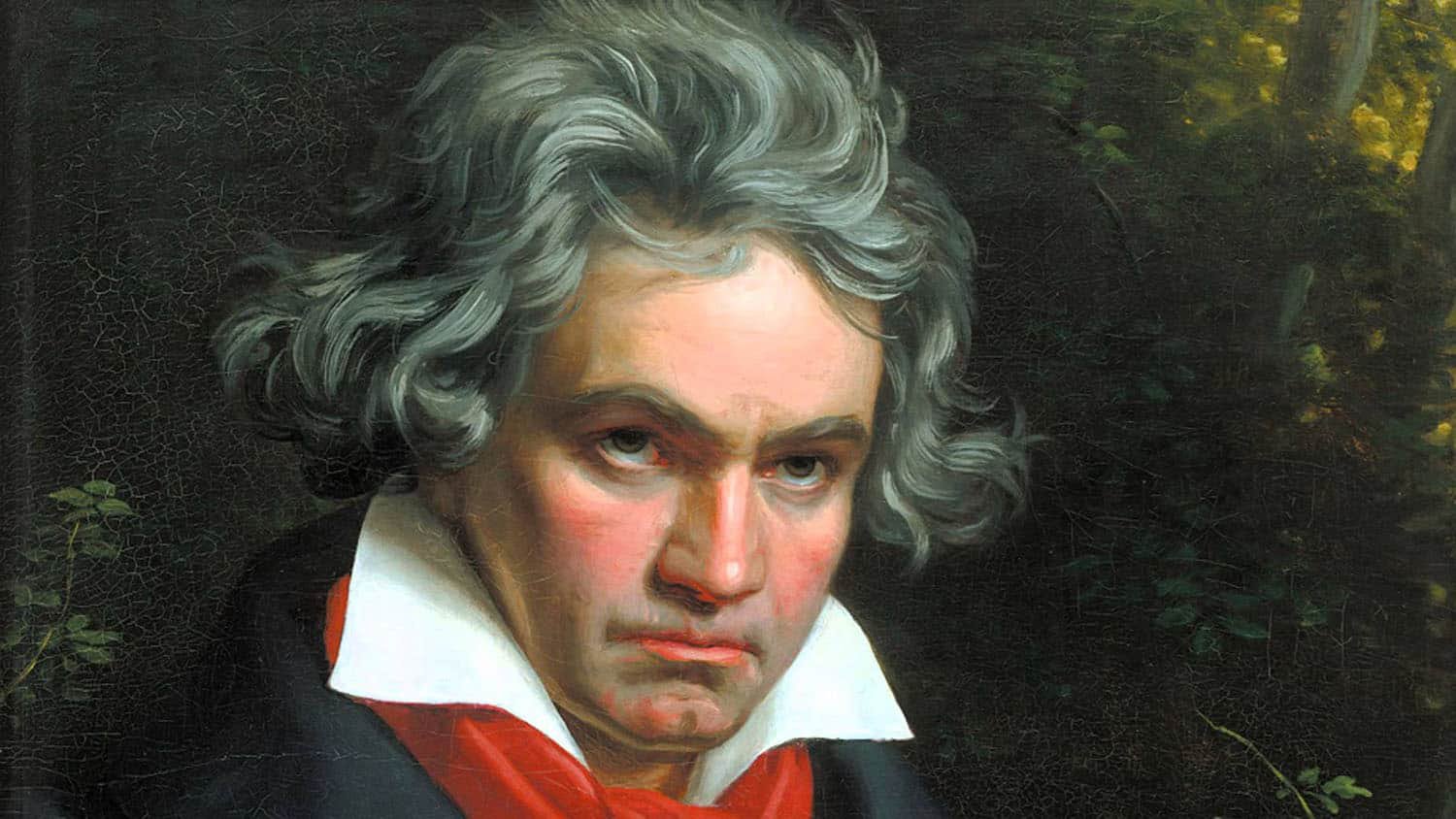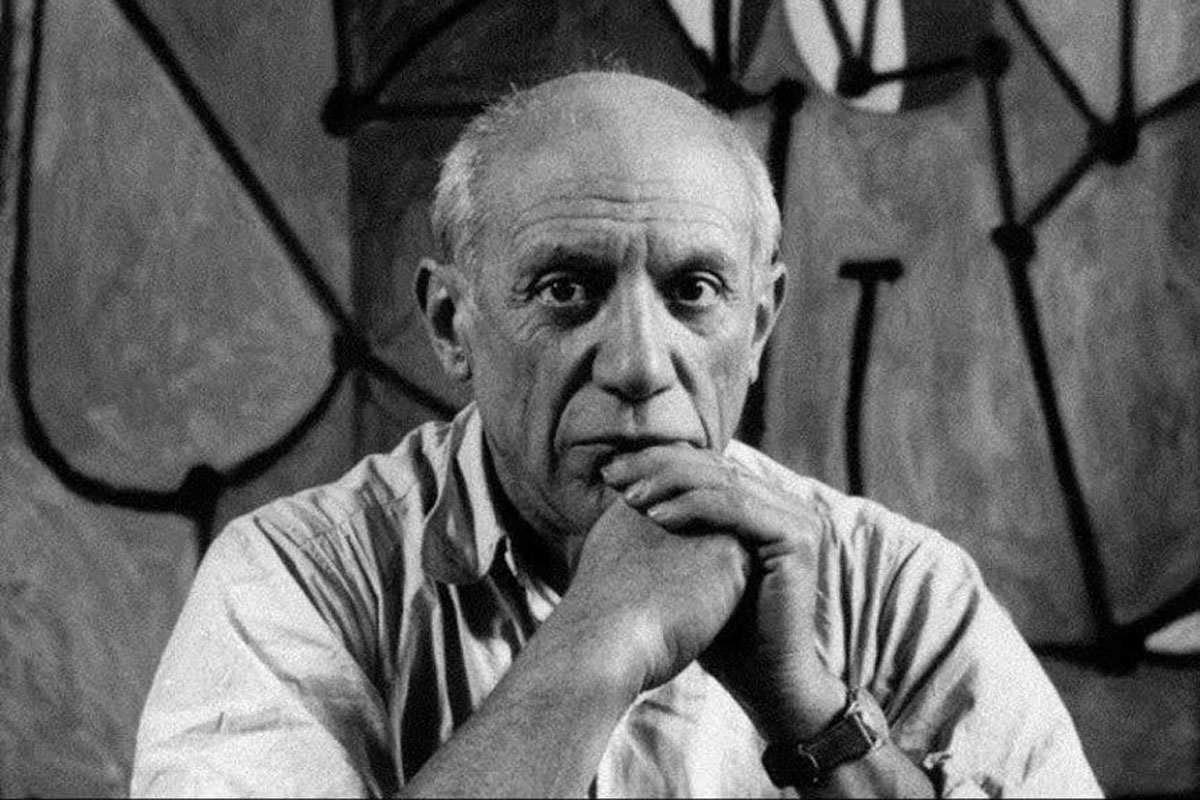This series of articles seeks to examine the character attributes of highly successful leaders, regardless of their adherence to a strong faith or moral standard. In presenting these thoughts, Leadership Ministries is not agreeing with or advocating these traits or practices, but rather presents these as ideas for discussion and development in your own leadership journey.
Howard D. Schultz is an American businessman and author. He served as Chairman and CEO of Starbucks from 1986 to 2000, and again from 2008 to 2017, and in 2022-2023. He was named one of the World’s Richest People by Forbes with a net worth in 2020 of $4.3 billion. He owned the Seattle SuperSonics basketball team from 2001 to 2006. Under his leadership, Starbucks grew into a worldwide phenomenon with a large network of stores that influenced coffee culture globally. Schultz took Starbucks public in 1992. Today Starbucks has 34,000 stores in 80 countries and market capitalization of more than $125 billion.[1]
Live out your politics. Schultz is an outspoken neoliberal, a free-market capitalist embracing views like privatization, deregulation and reductions in government spending, and at the same time embracing more liberal social policies, such as globalization, same-sex marriage and immigration reform. He has written four books on business and was called upon multiple times to run for President as an independent, though he never chose to.
Schultz has been personally involved on issues like climate change, where he has adjusted coffee production to be more environmentally friendly. He had Starbucks embrace same-sex marriage as corporate policy in 2013. When several stockholders objected, he advised them to sell their shares. Of the political realm, Schultz comments, “My biggest concern is that America is drifting towards mediocrity and that people don’t recognize—and by people I’m meaning Washington—don’t recognize the sense of urgency and the fact that I don’t think this is a crisis anymore. I think it’s an emergency.”
Under Schultz’s leadership, Starbucks became the first U.S. company to offer every worker, including part-time employees, access to healthcare. The company ranks #5 on Forbes’ list of World’s Most Admired Companies for 2018, 2019 and 2020, and has employed more than 3 million people.
Be determined. Neither of Schultz’s parents finished high school, and he grew up in the Canarsie public housing project in Brooklyn. When Howard was young, his father fell on a patch of ice during a delivery for work and broke his hip and ankle. He lost his job and was driven to despair. The family had no insurance at the time and Howard’s mother was seven months pregnant. Howard would escape to the staircase outside of their apartment and dream of a better life. Schultz said, “I feel so strongly that the reason I’m here is I dreamed big dreams. I dreamed the kind of dreams that other people said would not be possible.”
Later, Howard became the first in his family to attend college. He was constantly reminded of his father in the way he built Starbucks. He often said he wanted the kind of company where his father could work and have a chance of putting food on the table, even after an injury. His first job is door-to-door sales where he makes more than 50 cold calls each day. As a young man he continued to care for his family. He said, “I always gave half of my paycheck to my parents.”
Have a big vision. Schultz walked into the Starbucks Coffee, Tea and Spice Company (the one and only store) in Seattle in the early 1980s. He sees a coffee maker that grinds real beans. This was not a popular way of making coffee at the time and his curiosity is piqued. Schultz sees how coffee is roasted to the deep brown color and ground to perfect smooth texture. The taste is robust and earthy. At that moment, Schultz sees Starbucks on every corner around the world.[2] Shultz began working at Starbucks in 1982 as head of retail operations and marketing.
Schultz said, “I believe life is a series of near misses. A lot of what we ascribe to luck is not luck at all. It’s seizing the day and accepting responsibility for your future. It’s seeing what other people don’t see and pursuing that vision.” Schultz’s ideas at Starbucks for Italian espresso is rejected by the owners, so Schultz starts his own coffee store—over 200 investors reject his idea, but 39 come onboard. Schultz comments, “Starbucks stores only sold whole bean coffee and had no seating. I had a vision of creating specialty coffee stores that integrated the romance of espresso and provided a place for community. The founders of Starbucks, however, weren’t interested in my idea.”
Schultz and his wife put all of their money into brining fine coffee to America. A few years later, Starbucks buys out his more successful enterprise. The following year, Schultz is running the company. Today, you can’t imagine America without Starbucks. Schultz says, “Often, organizations need bold, grand gestures to galvanize people towards a new mission or refocus their attention.” Starbucks delivers 4 billion cups of coffee each year—over 10 million per day—making it the biggest beverage company that has ever existed.































Charlemagne (747-814) united the majority of Western and Central Europe during the Middle Ages. People call him the “Father of Europe,” and the Pope made him the first Holy Roman Emperor.